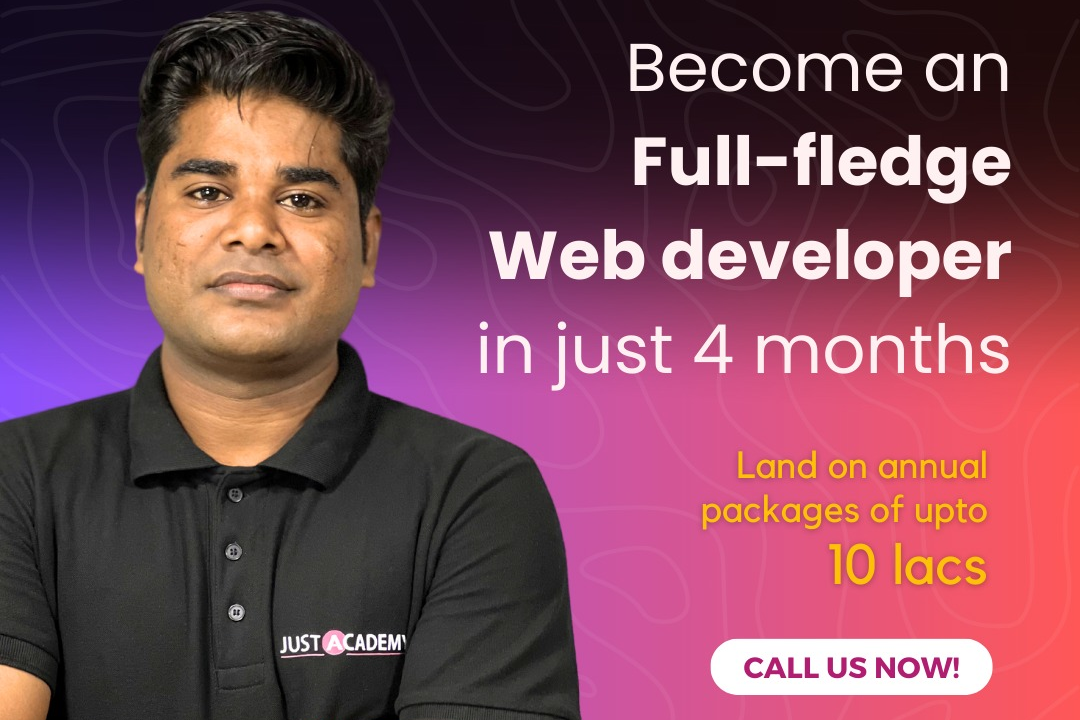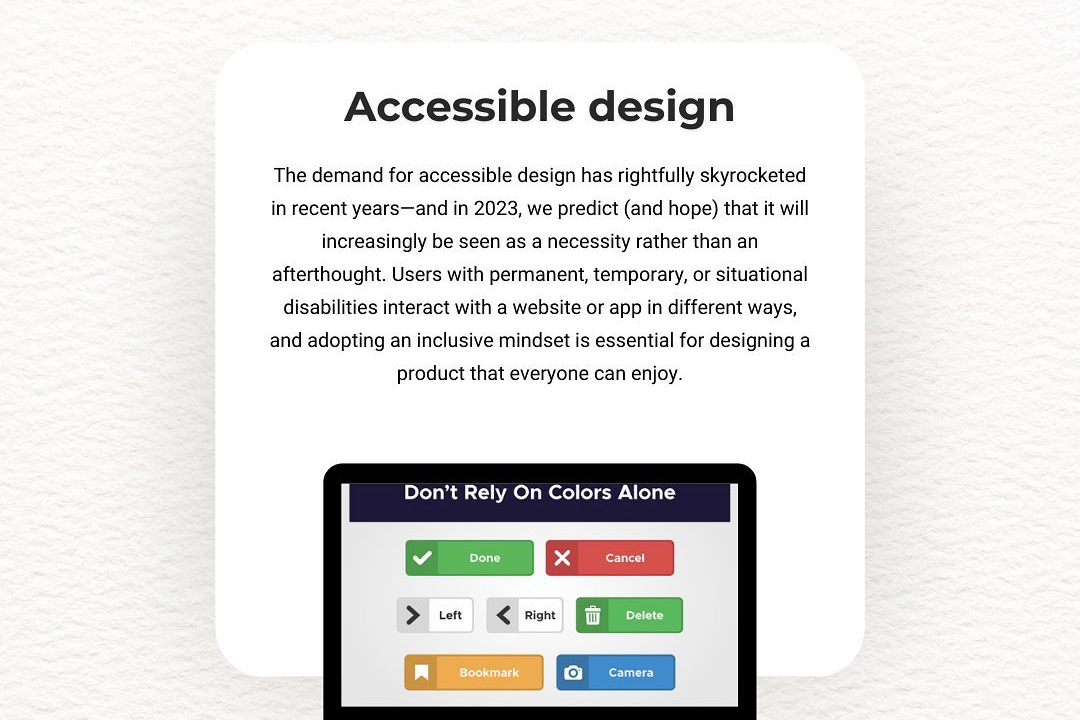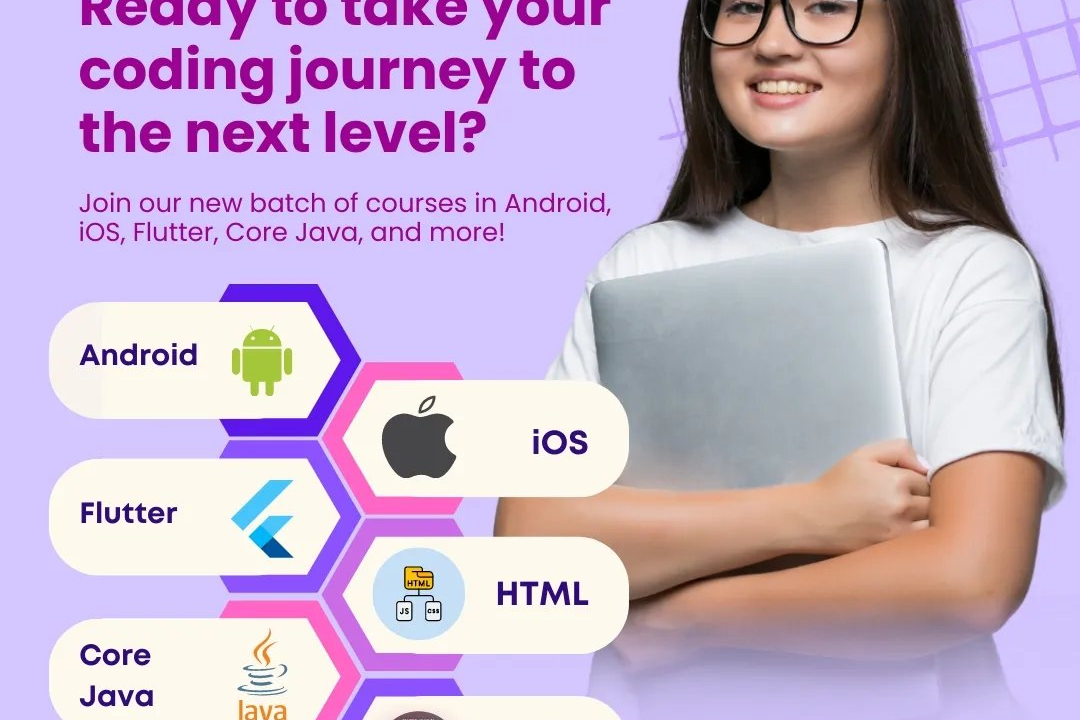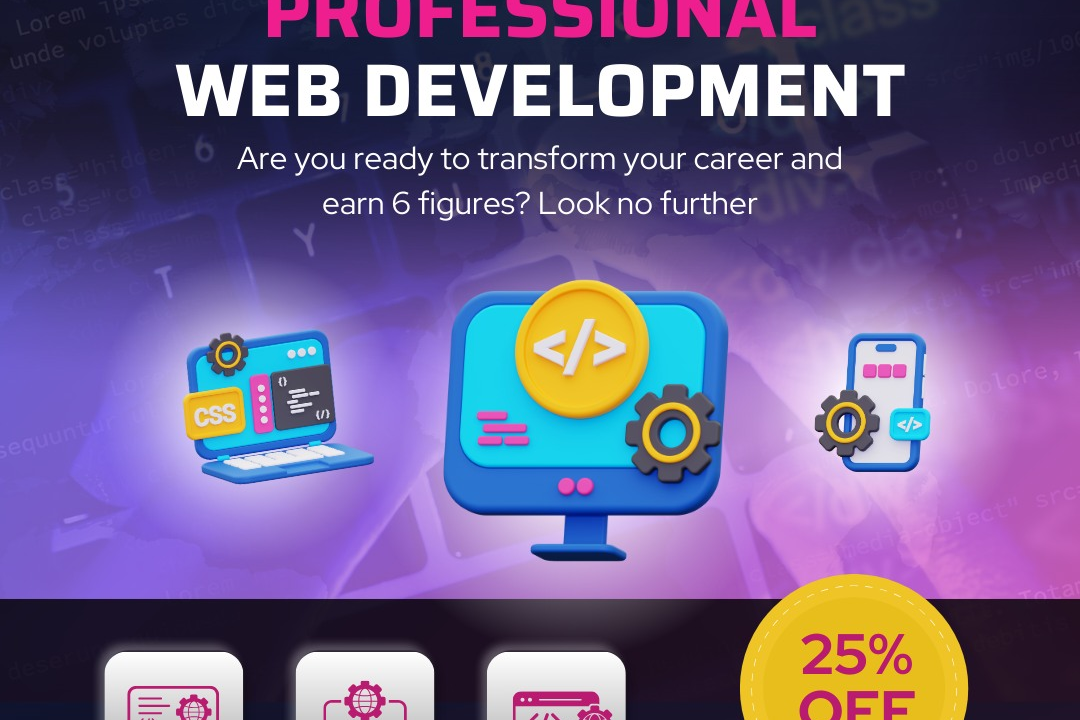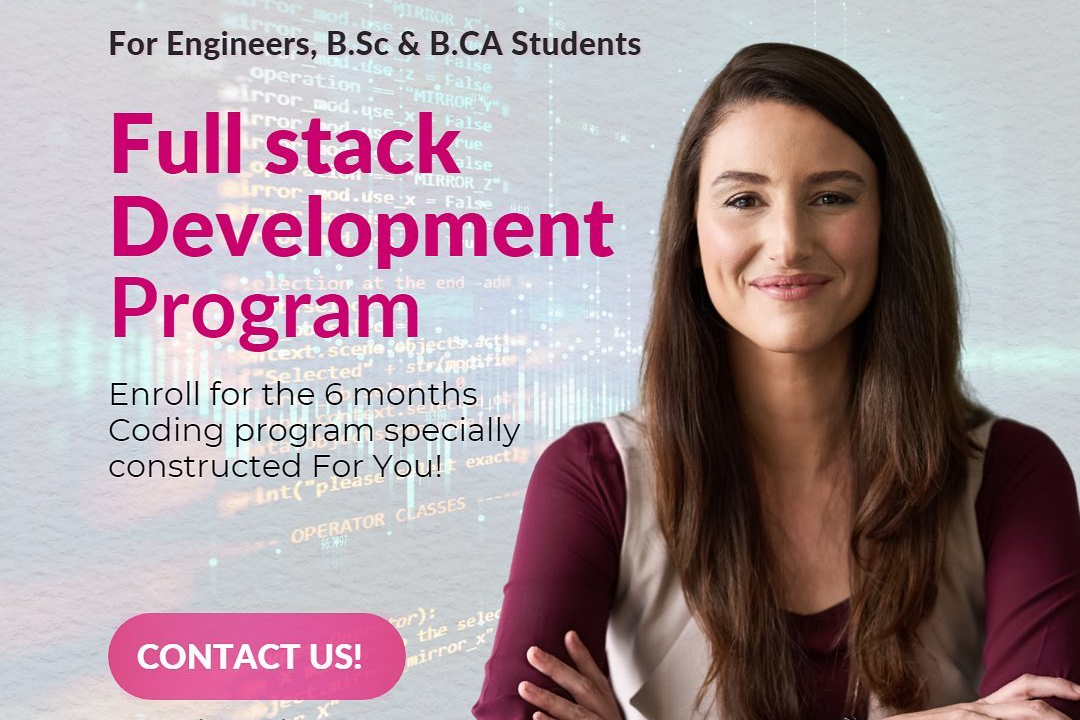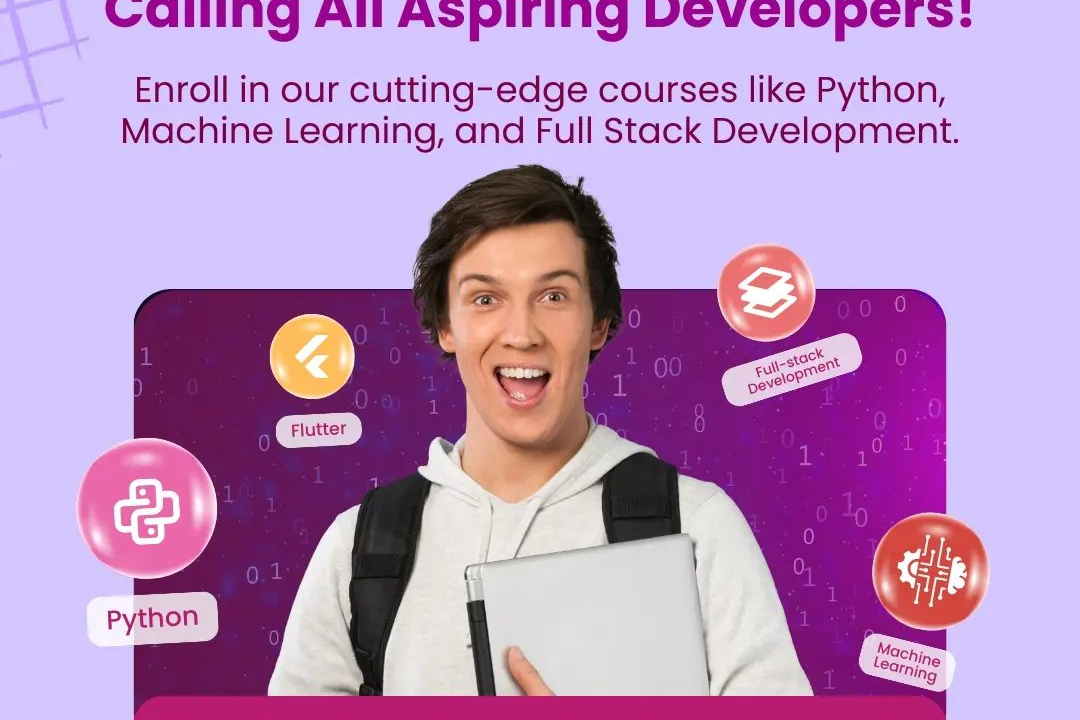Best Book For Php Object Oriented Programming
A highly recommended book for mastering PHP Object-Oriented Programming is "Object-Oriented PHP: Con
Best Book For Php Object Oriented Programming
One of the best books for mastering PHP Object-Oriented Programming is “Object-Oriented PHP: Concepts, Techniques, and Code” by Nathan Hunter. This book is invaluable for developers looking to deepen their understanding of OOP principles in PHP. It effectively breaks down complex concepts, such as classes, objects, inheritance, and polymorphism, into easily digestible sections. Through practical examples and real-world applications, readers are equipped with the tools and techniques necessary to write clean, efficient, and maintainable code. This resource not only enhances coding capabilities but also prepares programmers to develop scalable applications, making it an essential read for anyone serious about advancing their PHP skills.
To Download Our Brochure: https://www.justacademy.co/download-brochure-for-free
Message us for more information: +91 9987184296
One of the best books for mastering PHP Object Oriented Programming is “Object Oriented PHP: Concepts, Techniques, and Code” by Nathan Hunter. This book is invaluable for developers looking to deepen their understanding of OOP principles in PHP. It effectively breaks down complex concepts, such as classes, objects, inheritance, and polymorphism, into easily digestible sections. Through practical examples and real world applications, readers are equipped with the tools and techniques necessary to write clean, efficient, and maintainable code. This resource not only enhances coding capabilities but also prepares programmers to develop scalable applications, making it an essential read for anyone serious about advancing their PHP skills.
Course Overview
The “Best Book for PHP Object-Oriented Programming” course is designed for aspiring developers who want to enhance their skills in PHP through a structured reading approach. This course delves into essential OOP concepts such as classes, objects, inheritance, and polymorphism using a top-recommended book as a foundation. Participants will explore practical examples and real-world applications, fostering a deeper understanding of how to implement OOP principles in their PHP projects. By the end of this course, students will gain the confidence and knowledge necessary to write clean, efficient, and maintainable code, positioning themselves for success in the field of web development.
Course Description
The “Best Book for PHP Object-Oriented Programming” course offers a comprehensive exploration of OOP principles through a carefully selected book that serves as the foundation for learning. Participants will engage in a series of structured lessons that cover key concepts such as classes, objects, inheritance, and polymorphism, paired with real-world coding examples and hands-on projects. This course aims to equip aspiring developers with the skills needed to write clean, reusable, and efficient PHP code, while also enhancing their problem-solving abilities in practical scenarios. By the end of the course, students will be proficient in applying object-oriented techniques, making them more competitive in the job market.
Key Features
1 - Comprehensive Tool Coverage: Provides hands-on training with a range of industry-standard testing tools, including Selenium, JIRA, LoadRunner, and TestRail.
2) Practical Exercises: Features real-world exercises and case studies to apply tools in various testing scenarios.
3) Interactive Learning: Includes interactive sessions with industry experts for personalized feedback and guidance.
4) Detailed Tutorials: Offers extensive tutorials and documentation on tool functionalities and best practices.
5) Advanced Techniques: Covers both fundamental and advanced techniques for using testing tools effectively.
6) Data Visualization: Integrates tools for visualizing test metrics and results, enhancing data interpretation and decision-making.
7) Tool Integration: Teaches how to integrate testing tools into the software development lifecycle for streamlined workflows.
8) Project-Based Learning: Focuses on project-based learning to build practical skills and create a portfolio of completed tasks.
9) Career Support: Provides resources and support for applying learned skills to real-world job scenarios, including resume building and interview preparation.
10) Up-to-Date Content: Ensures that course materials reflect the latest industry standards and tool updates.
Benefits of taking our course
Functional Tools
1 - Integrated Development Environments (IDEs)
In the course, students will utilize powerful Integrated Development Environments (IDEs) such as PhpStorm, Visual Studio Code, and NetBeans. These tools provide a comprehensive environment for coding, offering features like syntax highlighting, code completion, and debugging capabilities. IDEs enhance productivity by streamlining the development process and allowing students to focus on writing efficient, error free code. They also offer integrated version control support, enabling learners to manage their projects effectively.
2) Version Control Systems
The course emphasizes the importance of version control, focusing on tools like Git and platforms such as GitHub and Bitbucket. Students will learn to manage their code repositories, track changes, and collaborate with peers using these systems. Mastering version control is critical in modern development practices, allowing students to maintain code integrity and facilitate team collaboration on projects efficiently. This skill is invaluable for showcasing their work to potential employers.
3) Local Development Environments
Students will explore local development tools like XAMPP, MAMP, or Docker, which help them create robust local environments for running PHP applications. These tools enable learners to test their code in a controlled setting before deploying it to a live server. Understanding how to set up and use local environments is crucial for developing and debugging applications efficiently, reducing deployment errors, and ensuring a seamless workflow.
4) Database Management Tools
The course includes instruction on using database management tools such as phpMyAdmin and MySQL Workbench. Students will learn how to design, create, and manage databases, which is a vital aspect of building dynamic PHP applications. Mastering these tools equips learners with the necessary skills to integrate databases with their code effectively, ensuring data storage, retrieval, and management are handled seamlessly in their applications.
5) Debugging and Testing Tools
Debugging tools like Xdebug and PHPUnit are essential components of the training program. Xdebug allows students to troubleshoot their code by providing detailed error messages and stack traces. Meanwhile, PHPUnit enables learners to write automated tests for their PHP applications, ensuring code quality and reliability. Understanding these tools fosters a culture of testing and debugging, essential practices for any successful software developer.
6) Documentation and Learning Resources
Students will be encouraged to use various documentation and online resources, including the official PHP documentation and community forums. Accessing these resources is important for learners to stay updated with the latest PHP developments and best practices. These resources serve as excellent references for troubleshooting and expanding their knowledge beyond the classroom, empowering them to continue learning and growing as developers.
7) Frameworks and Libraries
The curriculum introduces popular PHP frameworks such as Laravel, Symfony, and CodeIgniter. Understanding these frameworks is crucial for developing scalable and maintainable applications. Students will learn how to leverage the built in functionalities of these frameworks, including routing, middleware, and ORM (Object Relational Mapping) capabilities, enabling them to create robust web applications efficiently. Familiarity with these frameworks also positions graduates favorably in the job market as they are widely used in modern web development.
8) Security Best Practices
Recognizing the importance of security in web applications, the course covers essential practices for protecting PHP applications from common vulnerabilities, such as SQL injection, XSS (Cross Site Scripting), and CSRF (Cross Site Request Forgery). Students will explore techniques for sanitizing inputs, implementing authentication and authorization, and using HTTPS. By learning security best practices, students will be equipped to develop applications that safeguard user data and maintain compliance with industry standards.
9) API Development and Integration
Students will gain insights into creating and integrating APIs (Application Programming Interfaces) with their PHP applications. The course will cover RESTful API concepts, including HTTP methods, endpoints, and data formats like JSON. Understanding how to develop and consume APIs allows students to create applications that can communicate with other services, enabling the integration of functionalities and access to external data sources.
10) Deployment Strategies
The course will also focus on deployment strategies, teaching students how to deploy their PHP applications to various hosting environments, including shared hosting, VPS (Virtual Private Servers), and cloud services like AWS or DigitalOcean. Students will learn about the deployment process, configuring servers, and managing domains and SSL certificates, providing them with the skills necessary to get their applications live and accessible to users.
11 - Code Quality and Standards
Students will be introduced to coding standards and best practices for writing clean, maintainable code. Topics include PSR (PHP Standards Recommendations) guidelines, code reviews, and refactoring techniques. Emphasizing code quality is crucial for long term project sustainability and collaboration with other developers. These practices foster professionalism and are highly regarded in the tech industry.
12) Real Time Project Experience
The capstone of the course is the real time project experience where students apply what they've learned to build a complete PHP application from scratch. This hands on project allows learners to collaborate in teams, simulating real world development scenarios. By the end of the course, students will have a tangible portfolio piece to showcase to potential employers, demonstrating their skills and experience in PHP development.
13) Responsive Web Design Principles
In today's digital landscape, responsive design is essential. The course includes an introduction to front end technologies like HTML, CSS, and JavaScript, focusing on building responsive, user friendly interfaces. Students will learn how to ensure their PHP applications look great and function well on various devices, enhancing the user experience and increasing engagement.
14) Soft Skills Development
In addition to technical skills, the course will incorporate soft skills training, focusing on communication, teamwork, and problem solving. These skills are crucial for effective collaboration in development teams and project management. Students will participate in workshops and group activities that enhance their interpersonal skills, making them more well rounded candidates for future employment opportunities.
15) Job Placement Assistance
To support students in transitioning from education to employment, JustAcademy offers job placement assistance. This may include resume workshops, interview preparation, and networking opportunities with industry professionals. By providing these resources, students will be better equipped to secure job placements in PHP development and related fields after completing their certification.
Browse our course links : https://www.justacademy.co/all-courses
To Join our FREE DEMO Session:
This information is sourced from JustAcademy
Contact Info:
Roshan Chaturvedi
Message us on Whatsapp:
Email id: info@justacademy.co
ANDROID APP DEVELOPMENT with JAVA Essential Training
Best React JS Training for Coding with Job Placement in Shirdi

